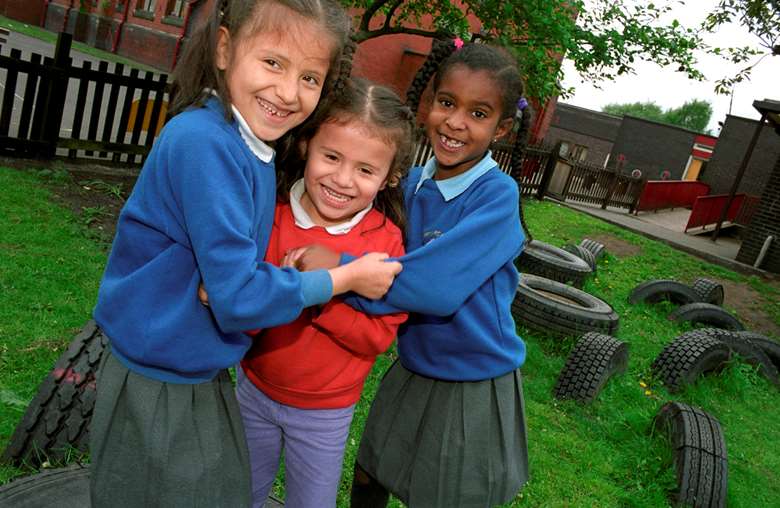Legal Update - Refugees face education barriers
Kamena Dorling
Monday, September 3, 2012
Kamena Dorling, policy and programme manager for Coram Children's Legal Centre's Migrant Children's Project, discusses the obstacles refugee and migrant children face in accessing education

Attending a nursery, school or college can play a crucial role in assisting refugee and migrant children and their families to settle into life in the UK. The structure and routine of a school day can help to provide a sense of normality and security, and schools can provide opportunities to make friends, play sports and games, and make links with the wider community. It is clearly recognised that education is crucial for every child’s general wellbeing and personal development, and both international and domestic law guarantees children access to education.
Under Section 14 of the Education Act 1996, local authorities have a duty to provide suitable full-time education for all children of compulsory school age resident in that local authority – irrespective of their immigration status – appropriate to their age, ability and any special educational needs they may have. Refugee, asylum-seeking and other migrant children aged five to 16 all have the same entitlement to full-time education as other children in the UK. While proof of address will need to be supplied, there is no duty on a school to determine the immigration status of a child or their parents.
Yet many children still find it difficult to access, and remain in, appropriate school education. There may be practical reasons for this, such as language and communication problems or difficulties in affording travel, lunch or school uniforms. But there is also evidence to suggest that discriminatory practice still exists in relation to the treatment of migrant children by statutory authorities, so that access to education varies significantly from local authority to local authority.
Age disputes
A common problem relates to separated migrant children whose ages have been disputed, many of whom are out of mainstream education for many months while the issue of their age is being resolved. In addition, for children in families there are often misplaced concerns in schools about a child, or their parents’, immigration status, and how this affects their entitlement to education.
Published earlier this year, the University of Oxford report No Way Out, No Way In: Irregular Migrant Children and Families in the UK found that an estimated 120,000 children are living in the UK without legal immigration status. More than half of these children were born in the UK and have lived here their entire lives. The report highlights that these children are at risk of destitution, exploitation and social exclusion because they are “trapped between laws protecting children and the enforcement of migration control”. It raises concerns that increased demands on public authorities by the UK Border Agency – such as asking social services to report suspected irregular migrants – are pushing families and children away from essential services, including schooling.
Frontline professionals, including teachers, GPs and social workers, are increasingly being asked to check the legal status of children in their care and act as “de facto immigration control officers”. Under Section 129 of the Nationality, Immigration and Asylum Act 2002, local authorities have an obligation to supply information in respect of a person where it is reasonably suspected that the person has committed specified immigration offences and is, or has been, resident in the local authority’s area. However, this duty does not apply to individual schools, and nor does it have a bearing on a child’s enrolment at a school.
The Migrant Children’s Project at Coram Children’s Legal Centre has also responded to a number of queries concerning migrant children who have not been provided with appropriate education and recently dealt with a troubling case of a child of statutory school age being threatened with exclusion from school due to their immigration status. It is vital, if all children in the UK are to receive the support they need, that teachers and schools do not fall prey to the common misconception that immigration control trumps a child’s welfare and right to education.
For more information on access to education for young refugees and migrants, please see the Migrant Children’s Project FAQs at www.childrenslegalcentre.com/index.php?page=faqs_education_to_16




